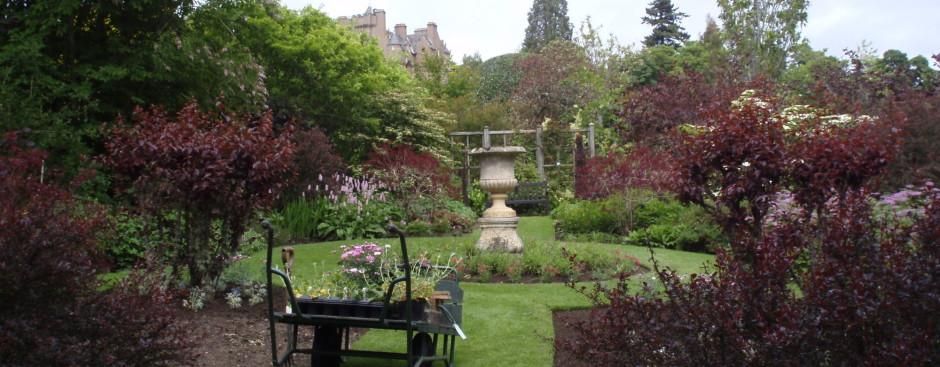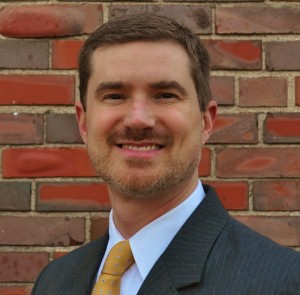I’m a practicing physician with an interest in free-market economics, civil liberties, removing unnecessary obstacles to life, transparency in those institutions that claim to work to our benefit, identifying the use of force and fraud around us,… just an all around nice guy, in general. My opinion is that there is far too much interventionism in the world – warfare, welfare, regulatory burden – done to people at their expense, and most often beneficial not to those in whose name these things are done, but to the planners that set it all in motion and extract political or financial gain. Under the guise and clamors such as “it’s for the children!” or “safety” and “security,” we have allowed society-altering systems to be put in place that have permanently changed the social fabric of the country in ways that I consider to be harmful, if not dangerous. (Similarly, in our personal lives, we often use these mechanisms of coercion and/or fraud in our relationships and work environments to achieve ends that would be more healthily and successfully achieved via honest and voluntary interactions to mutual benefit.)
Teasing out the fuller histories, motivations and consequences of these types of interventions and interactions is always enlightening. People get caught up in political parties and ready-made world views, thinking the answers to societal ills lie in switching control of government institutions every few years or putting certain “leaders” in positions of authority and decision making over our own. After several centuries of evidence in the U.S. (and certainly looking at world history), you might agree that “It Isn’t Red vs. Blue, It’s the State vs. You.”
The calamities of history aren’t contributable to any political view, but more caused by patriotic obedience, misguided nationalisms, unquestioned theologies, unchecked power, a small set of humans using a larger vulnerable group of humans (economically disadvantaged, duped, propagandized, afraid, hungry…) to their benefit. Rather than identify root causes of problems, the norm is for people to be easily distracted by emotion, knee-jerk reaction, media hysteria, and superficial and divisive categorizations which obstruct real analysis and improvement of problems. Things like race, class, political party, religion, blind nationalism, unquestioning patriotism, anxiety, intimidation and fear all work against looking at issues objectively. Here, at The Individual Mind, I hope to offer opportunity to break through some of these obstacles and cultivate reasoned and rational analysis.
I still use Facebook to some extent, and have been decentralizing social media exposure with Gettr, Gab, MeWe, Minds.com and Parler.com increasingly, to share the best stories and ideas that I find along these topic lines because the format is easy and my “friends” aren’t only friends, but great resources for sharing information in this age of omnipresent social media. Corporate media certainly is not in the business of promoting these types of dissenting opinions. (Bots scour our data non-stop to spam and phish. If you want to reach me via email: mtoddrice<at>libertymail<dot>net)
Thanks for reading,
M. Todd Rice, MD, MBA
Bio: I am a board-certified anesthesiologist. I started my health career as a registered nurse, attending Stephen F. Austin State University in Nacogdoches, Texas, for a BS in Nursing. I went on to medical school at the University of Texas Health Science Center at San Antonio, graduating with an MD in 2002, subsequently completing a four-year, post-graduate anesthesiology residency there at UTHSCSA. After a decade in practice, I completed an MBA through the University of Massachusetts at Amherst’s Isenberg School of Management.
I have practiced in physician-only, as well as MD/CRNA team model practices, in private and academic settings, in Texas, Missouri and Pennsylvania.
Born and raised in Texas, my blue collar upbringing was that of a typical red state, politically, and (for that region) an atypical LDS upbringing, religiously. My Dad served stints as a Mormon bishop and in other regional, church leadership roles. Although by my mid-20s, my questioning mind made that religious path untenable for myself, I recognize that my youth could not have been more constructive or supportive.
I was heavily engaged in Boy Scouts – regular meetings, campouts, hikes, friendships, summer camps, and high adventure outings, culminating in the Eagle Scout award. I worked regularly from my early teens in many jobs: a laundromat cleaner, grocery bagger, busboy at a catfish(!) restaurant, ice cream scooper, BSA camp counselor, siding and windows installation helper, furniture deliverer. As was my belief system, and according to the LDS plan, at age 19, I served a two-year ecclesiastical, Spanish-speaking, mission to Venezuela. Although, in retrospect, I might be tempted to choose some different historical exposures for myself now, these were wonderfully instructive, formative experiences that provided a basis for my world view and ethic. Every child should be so fortunate. My parents loved us and did the best they knew to do for me and my siblings at the time, which is all any of us can do.
A particularly jarring experience for my political views occurred in the televised U.S. presidential debates leading up to the 2008 election. There was this older, small-framed, soft-spoken, not-very-articulate gentleman on the stage, running as a Republican, but criticizing the Iraq War, other prominent Republicans, foreign policy, national debt, and targeting a host of untouchable persons and topics. I’d never seen this old guy before. He offended me in many ways. This Congressman from my own state of Texas, a Dr. Ron Paul, made me angry. I specifically remember my emotional response to his claims. I heard him speak a few more times. I was unsettled. My belief system had been insulted, which knocked me off center, out of my comfort zone. I wanted to prove him wrong, so I started to look into some of his assertions. Then, I ordered and read some of the books and people that he referenced.
By the time that national election rolled around, Dr. Paul was no longer in the running (his message was not palatable to the masses or the media), but he had upended my politics and world view, had given me permission to challenge existing orders, and to find information for myself. This would have ripple effects into my understanding of geopolitics, economics, history, ethics and morals. Somehow, I had gotten through an entire “education” of public schools and universities, become a science-based professional, and lived outside the country, yet until that time had not questioned the nationalist and geopolitical assumptions that had been instilled in me from childhood.
Over the subsequent years, as I have considered and challenged my own views and those of others, I typically am inclined to reject any formal or prescribed views which could carry a label (of political party or religion). These labels tend to shift the tenets they represent over time, are subject to the pathologies of personalities, create emotional adherents and their necessary politicized enemies, and oversimplify (if not distort and misrepresent) ideas.
I endorse principles: free minds, free markets, voluntary social cooperation to mutual benefit, transparency of public agencies, non-aggression, individual freedoms and property coupled with the equal responsibility to respect that of others and the social consequences for those violations, society as a human grouping rather than a political one, the propensity for fallacy juxtaposed with the potential for improvement in humankind, creative disruption of systems for positive change, the infinitesimal nature of man in a fathomless universe, our mortality which should lend perspective for value judgments regarding how we spend our time and energies, the beauty of Nature and animals… especially dogs!
Libertarianism, Agorism, Voluntarism, and Anarcho-capitalism have been used as terms to sum up some of these views, but like all -isms and labels, those are incomplete and tend to conjure up preconceived notions which are inaccurate. Regardless, if you haven’t had a Dr. Paul in your life, someone to constructively push you off center, to challenge your views, to give you permission to reject what doesn’t work or make sense, I would encourage you to question everything, find your own answers, read heavily, develop a world view that is rigid enough to provide sense and stability, yet flexible enough to expand with new information and thought… the ever fluctuating and fluid balance of order and chaos. Enjoy the journey!
mtr

